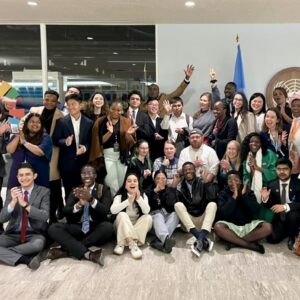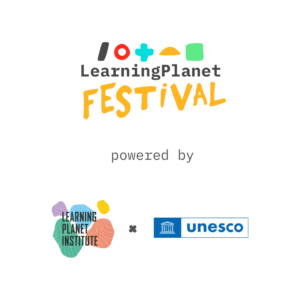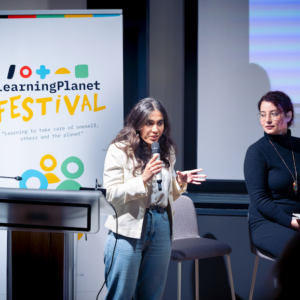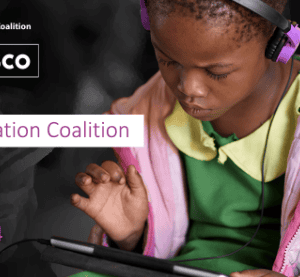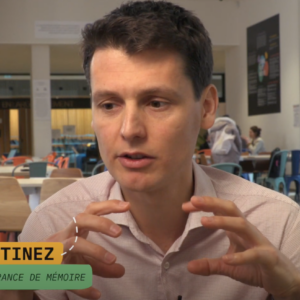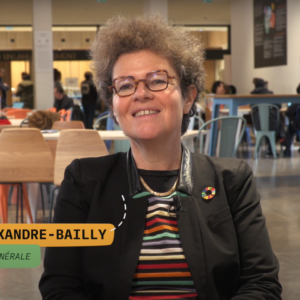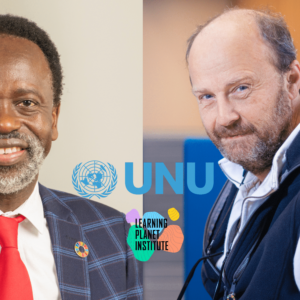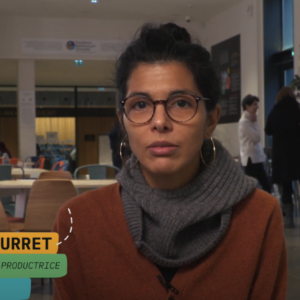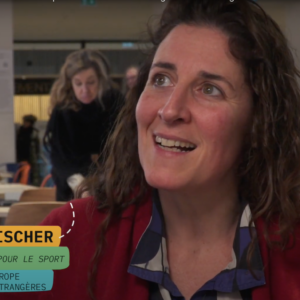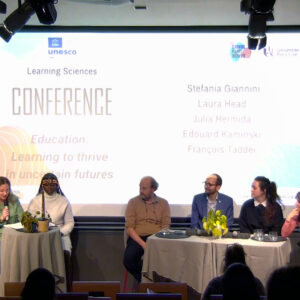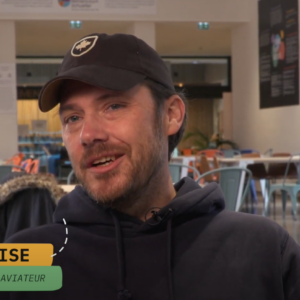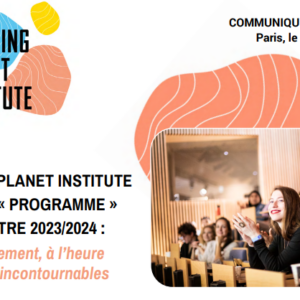Read the paper here.
Too many young Australians finish school ill-equipped with the knowledge, skills, attitudes and dispositions that they need to navigate the transition from school to further education, training or employment.
This is a persistent problem that has resisted policy and programmatic effort for decades. Innovation has tended to be peripheral, unable to be scaled or sustained.
This paper provides the background to the problem and the opportunity. It examines the prevailing conceptions of success built into the recognition system in senior secondary schooling in Australia and explores how to build a more equitable system that celebrates and measures a broader and deeper conception of success.
A nationally agreed goal of Australian schooling is that all young people should leave school with the learning they require to be confident and creative individuals, committed to lifelong learning as active and informed members of the community who will thrive in work, family and community life.
However, the weight of evidence is that the Australian schooling system is stuck or even going backwards in providing the learning success for each person.
Key indicators and metrics are not improving, or are improving only slowly. Many young people are still not completing school. Standards of attainment in some core areas of learning are falling. Even for those who complete school, transition into satisfying post-school pathways is often difficult and slow and not conducive to confidence.
The effectiveness of the system is uneven and it is less effective for young people from rural, remote and low socio-economic communities, those from Aboriginal and Torres Strait Islander communities, those with specialised needs and those who are refugees or immigrants.
The core problem is the misalignment between what we measure as educational success and the learning goals we aspire to.
Correcting this misalignment provides a powerful opportunity for impact. If assessment and recognition changes, so too does the curriculum and organisation of learning.
The dominant recognition system for senior secondary schooling includes the Australian Tertiary Admissions Rank (ATAR) rankings for tertiary selection and senior secondary certificates. The system is long-established, deeply embedded generally trusted and operates with high levels of efficiency and integrity, underpinned by the work of assessment and recognition authorities, tertiary selection bodies and schools in each jurisdiction.
The system sets syllabuses, defines study rules and regulations for students, sets assessments and examinations, calculates scores, monitors and moderates standards and issues certificates.
Learning Creates Australia is focused on building a new, trusted, and well-endorsed approach to recognising learning that will strengthen and increase agency in young people and help them to effectively navigate and access a range of pathways beyond school.
A better recognition system in Australia would assess and represent for each young person the degree to which a learner has attained the full range of learning they need to thrive and would support a learner to represent their learning regardless of how, where or when they learned it.
The current recognition defines success in narrow, shallow terms that do not reflect the breadth and depth of learning now required.
Scoring is (usually) competitive and not standards based. It tends to privilege examinable academic knowledge, rather than knowhow, the capacity to learn or the exercise of learner agency. It has the effect of marginalizing vocational and community-based learning and learners often have to put aside their own interests, passions, cultural contexts and motivations and the cultural, economic, educational needs of their communities.
To thrive, a learner needs both breadth and depth of learning. Such learning should encompass attainment of the basic literacies and numeracies and mastery of discipline or domain knowledge. But it should also include knowhow in applying knowledge to create value for society and competence in general, transferable capabilities and dispositions.
Young people should have the ability to sustain deep connections to the communities in which they learn, work and add value. They should be able to exercise agency to learn independently, channeling their passions and interests into learning for their own good and that of their communities.

